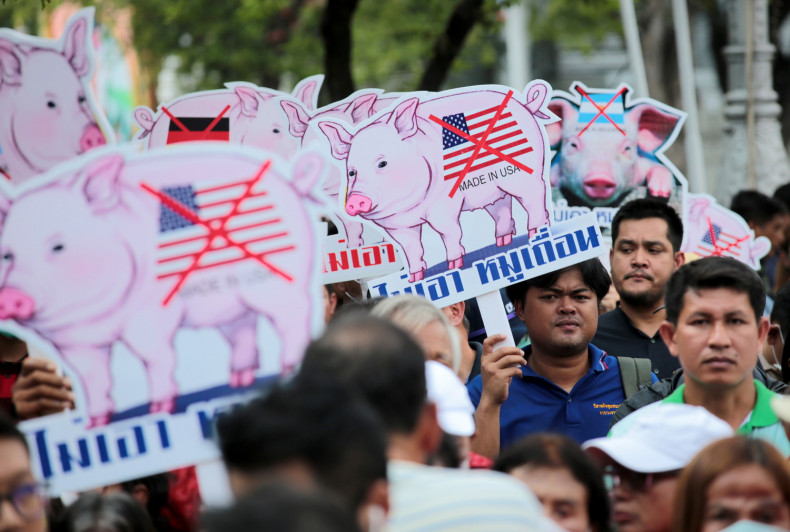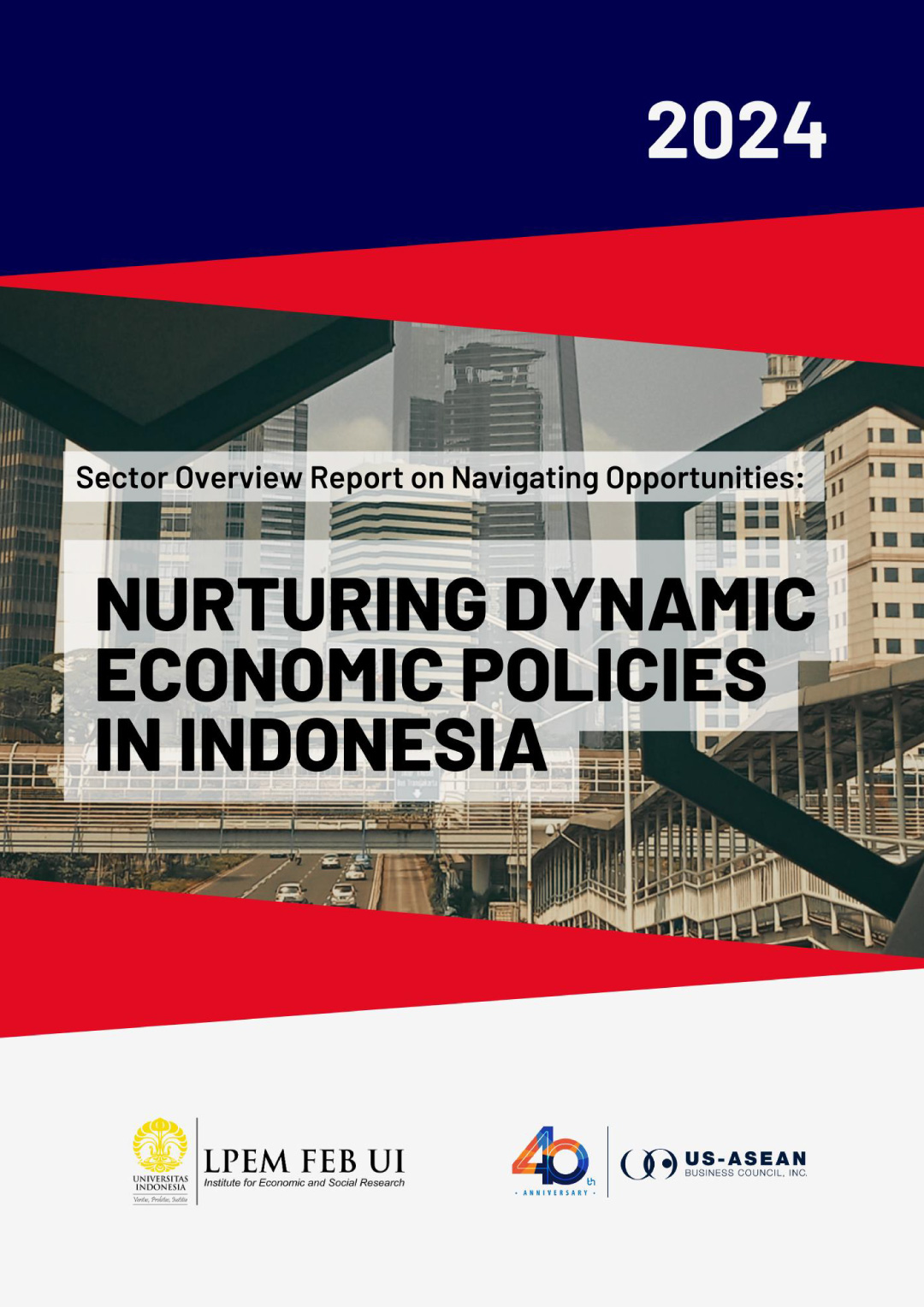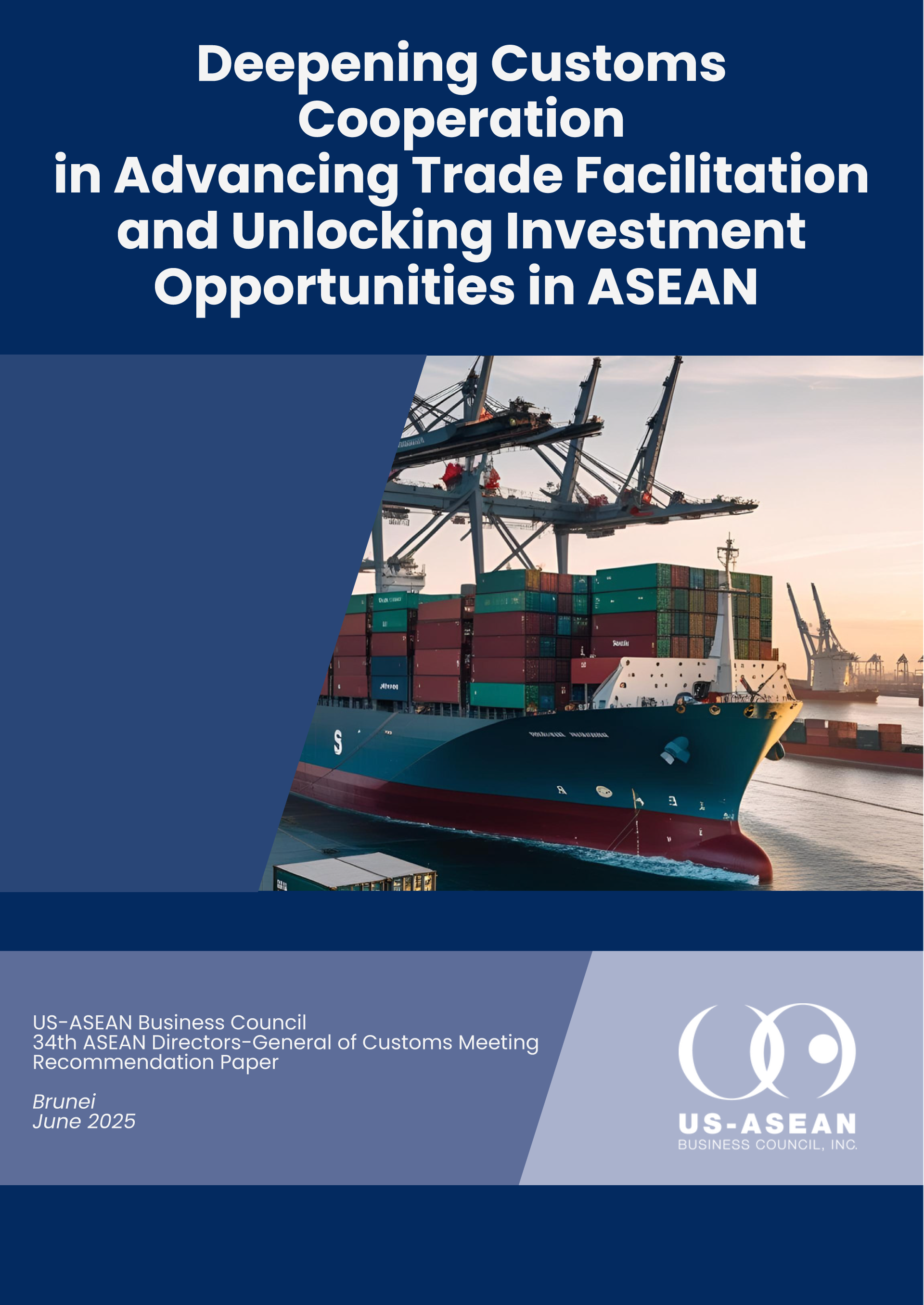Navigating U.S. Tariff Shifts: Impacts on Southeast Asian Trade and American Market Strategies

Recent U.S. tariff policies are reshaping trade dynamics for Southeast Asian agricultural and seafood exports. Thai swine farmers fear disruptions as their government considers increasing pork imports from the United States, raising concerns over consumer safety and market stability. Meanwhile, Indonesian shrimp exporters face contract cancellations from U.S. buyers, jeopardizing a $1.9 billion industry that heavily relies on U.S. demand. In response to heightened tariffs, Thailand is cutting import duties on U.S. corn to rebalance trade relations and stabilize feed costs. These developments highlight the broader economic implications of shifting trade policies, prompting Southeast Asian stakeholders to seek alternative markets and policy negotiations to mitigate risks.
For U.S. businesses, these shifting trade dynamics present both challenges and opportunities. Increased tariffs on Southeast Asian exports could disrupt supply chains for U.S. seafood and agricultural importers, potentially raising costs and limiting product availability. However, Thailand’s tariff reduction on U.S. corn imports opens new avenues for U.S. agribusinesses to expand their market presence. Companies engaged in international trade must navigate an evolving regulatory landscape, reassess procurement strategies, and explore alternative sourcing options to mitigate risks and capitalize on emerging trade development. To support members of these issues, the Council launched the U.S. Trade and Tariffs Working Group (TTWG) to facilitate the discussion on trade and tariff-related matters and welcomes member participation.










